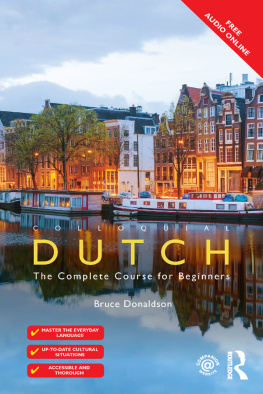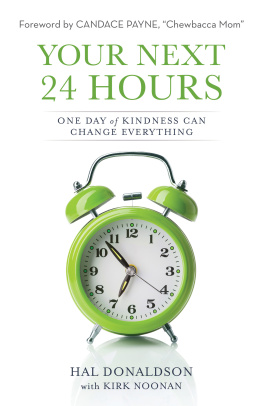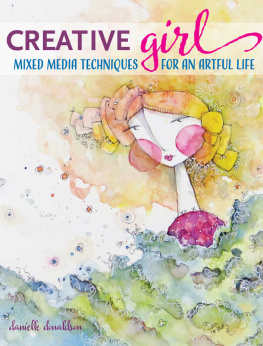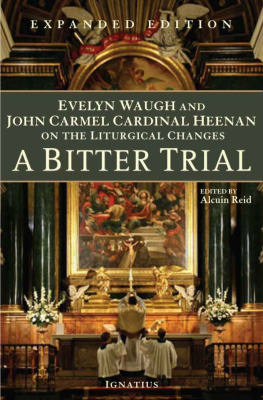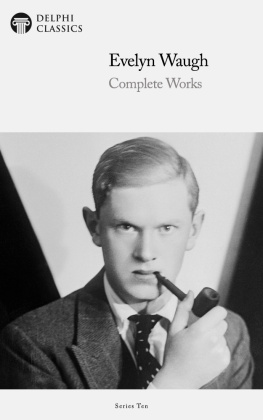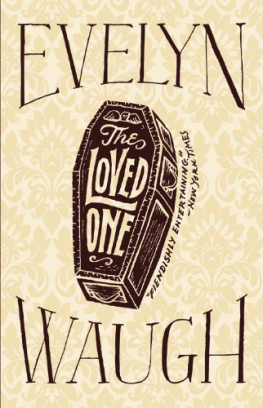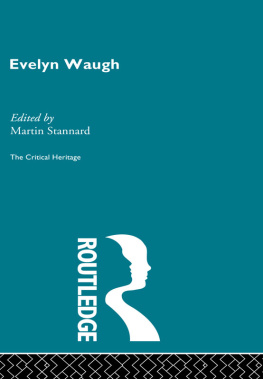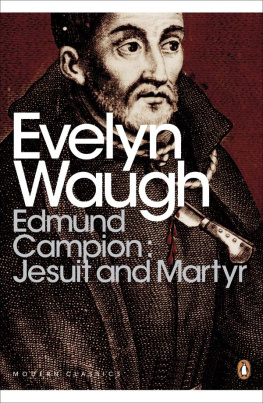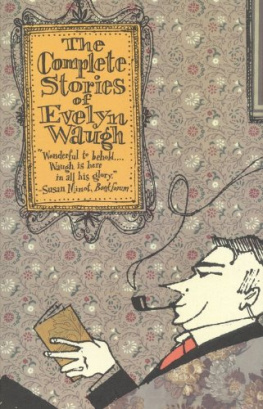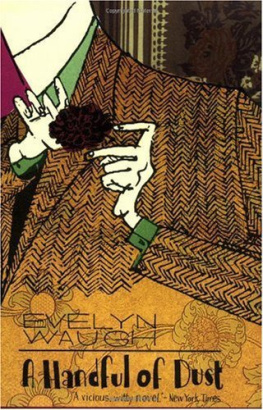EVELYN WAUGH
Portrait of a Country Neighbour
FRANCES DONALDSON

TO LAURA
This electronic edition published in 2011 by Bloomsbury Reader
Bloomsbury Reader is a division of Bloomsbury Publishing Plc, 50 Bedford Square, London WC1B 3DP
Copyright 1967 by Frances Donaldson
The moral right of the author has been asserted
All rights reserved
You may not copy, distribute, transmit, reproduce or otherwise make available this
publication (or any part of it) in any form, or by any means (including without limitation
electronic, digital, optical, mechanical, photocopying, printing, recording or otherwise),
without the prior written permission of the publisher. Any person who does any
unauthorised act in relation to this publication may be liable to criminal prosecution
and civil claims for damages
ISBN: 9781448203079
eISBN: 9781448202744
Visit www.bloomsburyreader.com to find out more about our authors and their books
You will find extracts, author interviews, author events and you can sign up for
newsletters to be the first to hear about our latest releases and special offers
Contents
In an impetuous article written for The Spectator soon after his fathers death, entitled Death in the Family and inspired by filial piety, Auberon Waugh said several things that seem to me to need development.
He said that the obituaries in The Sunday Times, The Times and The Tablet were written by Christopher Sykes, Christopher Hollis and Douglas Woodruff, all friends of his father. All the others, whether laudatory or primly disapproving, had in common that they were written by people whose acquaintance with my father, if any, was of the very slightest.
This is a fact that must have struck everyone who loved Evelyn, and struck them a blow. One or two of the people who wrote to the newspapers merely to record that, in some business dealing or on an occasion of meeting him, they had received an impression of courtesy or kindness seemed to do so because there was an obvious gap that needed to be filled. Most of the rest just turned a routine weekly penny in articles which pretended to knowledge they clearly had not got. But why were the pages left open for them? Where were the poets, the writers of the day?
Evelyn was so lavish, so unjealous with praise of any writer whose work he could approve. Young novelists of talent seldom appealed to him for words of introduction to the public without receiving an unexpectedly generous response, while faithfully over the years he took every opportunity to explain the claims of writers who had not found a wide public but whom he regarded as having exceptional merit. When he had failed to read a book at the time of its publication but later admired it, he went out of his way to ask some editors permission to write a special article drawing attention to it. Accustomed himself in the latter part of his life to receiving only the most grudging praise, he never allowed this to influence his judgement. Anyone who knew him at home can testify that some of the happiest days of his life were those on which he received a book he could read with enjoyment, and he seldom failed to repay this with a public tribute to the writer. He was so enormously prejudiced that he missed much to admire in the works of the younger generations, but punctiliously, as a duty and a pleasure, he contributed all he could in critical appreciation to the art of which he was a master.
When a master dies surely that is the time for those who possess the gift of tongues to sing his praise. In this case the inexplicable omission was a wound not merely to those who loved him but also, I think, to the company of artists to whom he belonged. If Evelyn was to die so relatively unhonoured, who may any longer believe posterity will care more for him? Certainly one can say with absolute conviction that if Evelyn had outlived the few men he might reasonably have regarded as his peers, he would have been among the first to honour them.
One may guess at the reasons for the apparent carelessness. Many people no doubt refrained in modesty, believing the task would be undertaken by those closer to him, more able to do him justice. There is, after all, a presumption in writing about Evelyn which might deter all but the most insensitive pens; not so much because of his genius but because he was inimitable and inexplicable. His talent for the English language was at least as great in the spoken as in the written word. No writer trying to bring his personality to life on paper can do it by the apocryphal story, or the polished up version of half-forgotten phrases. (There are a certain number of anecdotes which go the rounds about him, but they have this in common that in each his exact words have been remembered.) The difficulty is not merely that in conversation he was capable of spontaneous, voluble, highly-talented speech but that his choice of the individual word was so singular and so unexpected. It has always been very noticeable that no one attempted parody. In the New Statesman competitions his name was often included in the lists of writers suggested for this purpose, but seldom chosen.
His son, in the article already referred to, has also said that the main point about his father was that he was simply the funniest man of his generation. He scarcely opened his mouth but to say something extremely funny. His house and life revolved round jokes. Evelyn suffered from a melancholia of Johnsonian proportions, and he found life so terribly boring he could hardly endure from day to day; he was often ill, seldom completely well; he was the only person I have ever known who seemed sincerely to long for death; he was terrifying to a stranger, merciless to a friend; but it is true that his house and life revolved round jokes; very, very funny jokes.
It would not be surprising then if many people who might have written with understanding about him refrained from doing so in face of a self-confessed inability for the task.
But I surmise there is another reason why so many of the people who knew him failed to commemorate his death with written impressions of him as a man and a friend. In his youth he made for himself by his wit, his charm, his gaiety and his genius, a large circle of boon companions, many of whom were among the distinguished literary figures of the day. (In latter years he made few new friends.) But as he went through life, with a stroke of the pen here, a flick of the tongue there, he divested himself of many of the friends of his youth. He was born with the trick of hurting most devilishly with half a dozen words. It was not, or so I think, because so many of his friends no longer loved Evelyn that they could not write about him, but because they were unable to believe that he could - uselessly and without apparent regret - impale the friendship of a lifetime upon one heartless sentence if he any longer cared for them. One cannot assume the right publicly to mourn a man if one feels rejected by him.
But if the decimated company of his friends had not the heart to praise him, it was, nevertheless, not they who slowly built up the odious public image of him. This, as his son has said, was done by men who scarcely knew him. Evelyns books and his personality were the result of a kind of dislocation of spirit so violent that, if he joins the small body of artists whose work survives their lifetime, he will forever be a subject of speculation for biographers and psychologists. But he was not the prim, stuffy, cross, snobbish, little man whose picture the journalists of the day have built up between them. Nothing in the public picture shows why, although he never numbered among his friends the craven or the sycophantic and in fact demanded some originality and social courage, to the end of his life so many people cared for him. Still less does it show the mixture of irresistible charm and dominance over other people which enabled him, when he cared to do so, to recall to his side even those he had estranged most deeply. His faults were fair game for anyone who chose to write about him, but few have ever portrayed his extraordinary qualities. Evelyn was touched by genius, a thing infinitely hard to pin down, but apparent in almost everything he did, everything he said.




